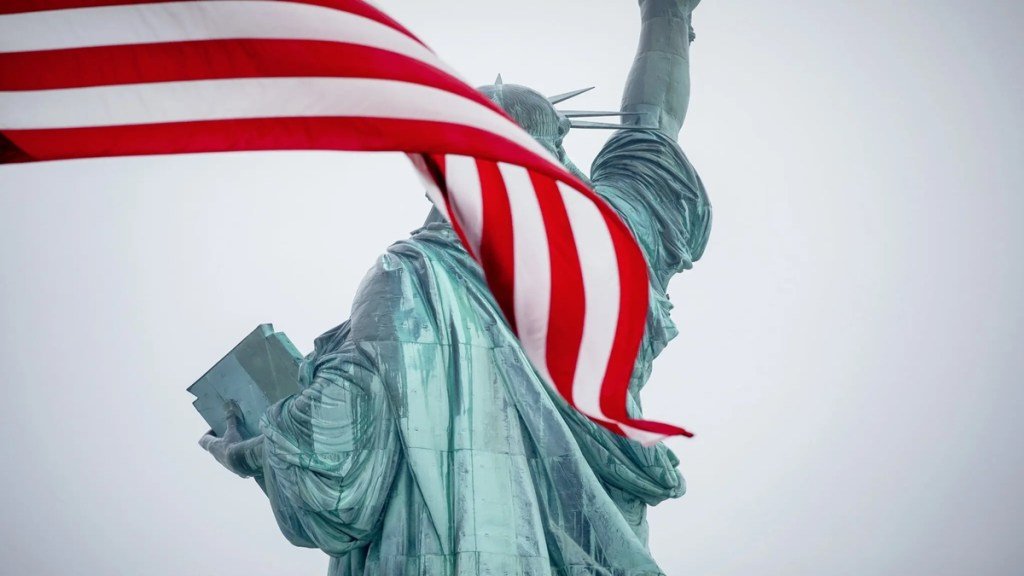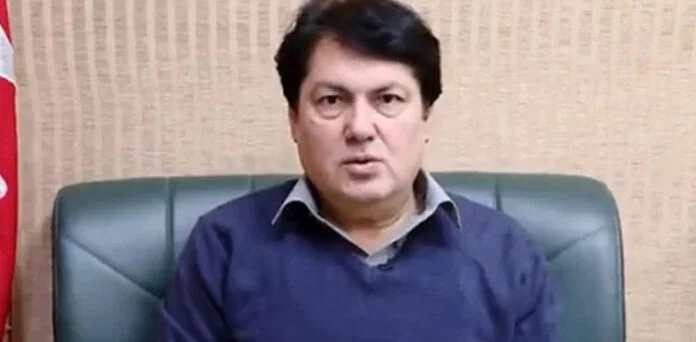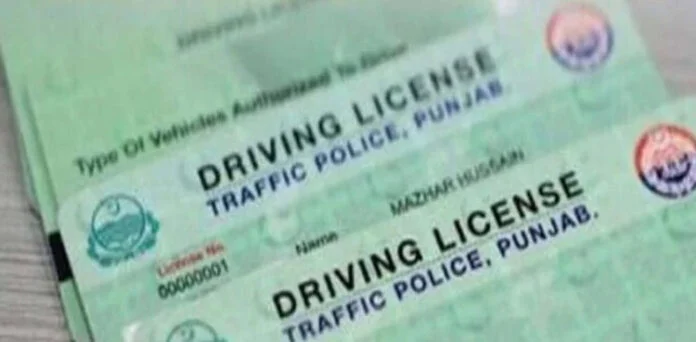
The tech industry, historically built on the contributions of immigrant founders, executives, and developers, is facing increasing uncertainty as immigration policies tighten. Many foreign tech workers are growing concerned about potential disruptions to their careers and livelihoods.
Companies are advising employees on visas to avoid international travel due to fears of reentry complications. Legal experts warn that the likelihood of visa denials may rise, similar to trends seen during the previous administration. Additionally, efforts to revoke automatic citizenship for US-born children of immigrants have heightened anxieties about the future.
Recent government actions have also led to the revocation of visas and green cards for individuals accused of ties to certain organizations, raising concerns among immigrant professionals. Those who have adhered to immigration laws and established careers in the tech sector worry about sudden policy shifts that could affect their status.
Silicon Valley’s immigrant workforce has played a key role in driving innovation and maintaining US competitiveness. Research has shown that a significant portion of billion-dollar startups were founded by immigrants. Major tech firms, including Microsoft, Google, Uber, and Nvidia, are led by CEOs with immigrant backgrounds. Experts warn that restricting skilled immigration could weaken the US tech sector, particularly in critical areas such as artificial intelligence.
The H-1B visa program remains a crucial tool for tech companies to hire highly skilled workers from abroad. Each year, tens of thousands of visas are allocated through a lottery system, with the majority going to professionals from India, followed by China and Canada. Some of the largest recipients of these visas include Amazon, Google, Meta, Microsoft, and Apple.
The issue of skilled immigration has sparked debate within political circles. While some advocate for policies that attract top global talent, others push for stricter immigration controls and a greater focus on training American workers. Discussions on this topic have led to public disagreements, with some business leaders emphasizing the need to recruit the best talent regardless of nationality.
Although previous statements suggested an intention to end the H-1B program, recent remarks have been more supportive of skilled immigration. Several influential figures advising on technology policy come from immigrant backgrounds, leading to further speculation about potential policy directions. However, no official changes have been announced, and immigration law firms continue to advise clients to prepare for uncertainty, including possible shifts in visa regulations, longer processing times, and increased scrutiny of applicants.


















